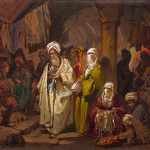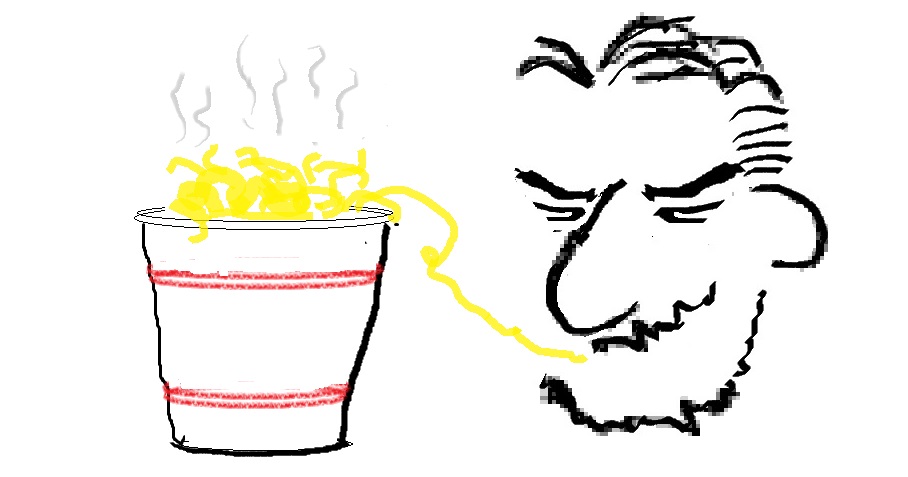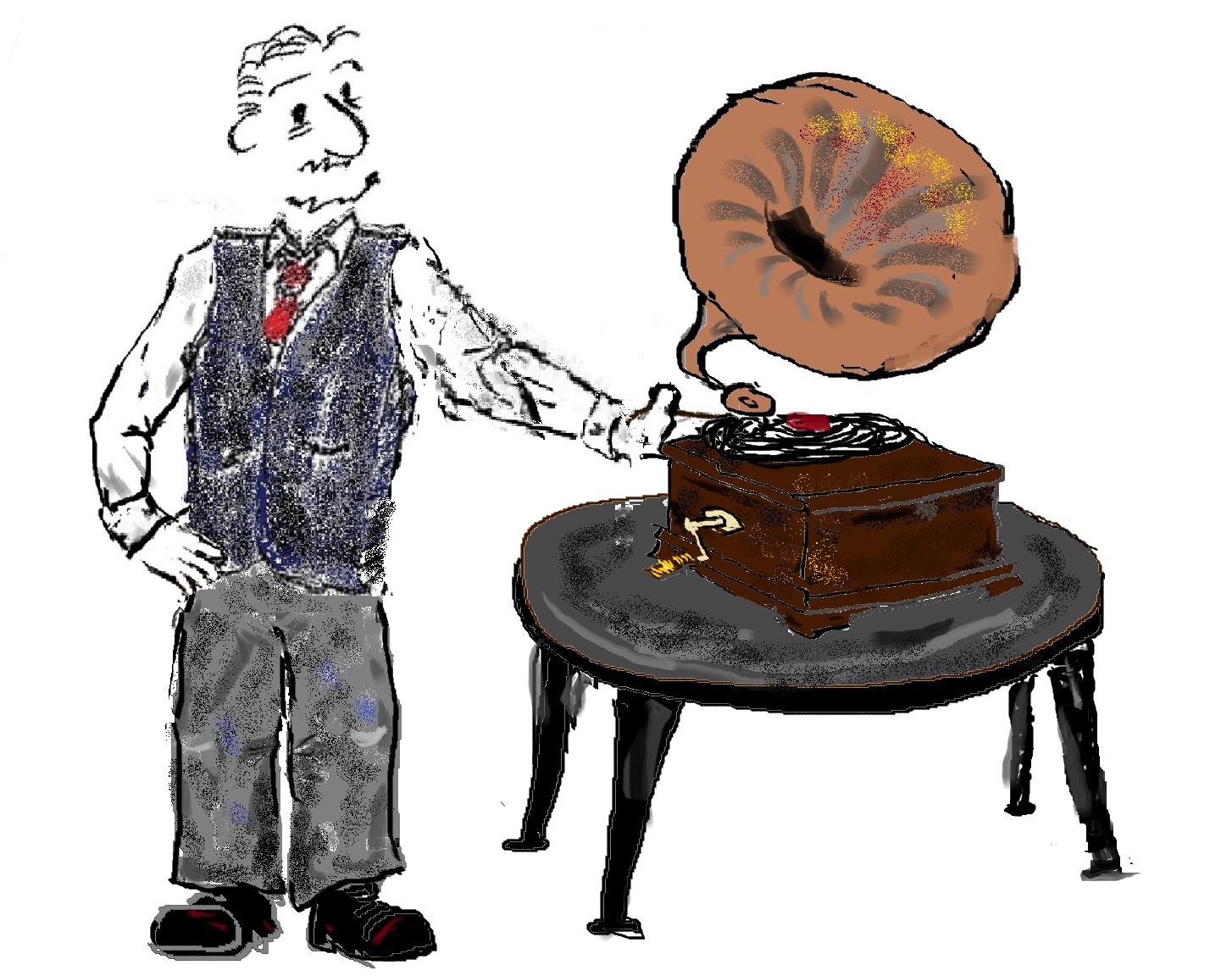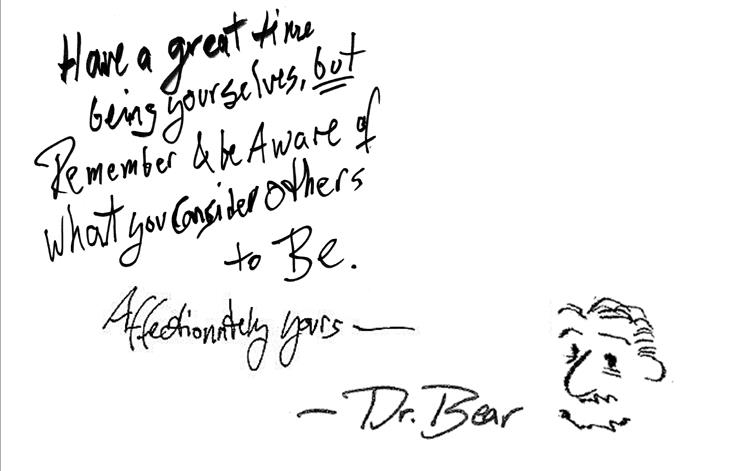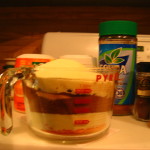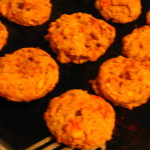 Have I really not published a scone recipe other than Shoe Fly Pie Scones & the Gluten-free Scones? Kaum zu glauben. I had avoided savory scones for a long time–Unnatural!–but this idea came to me and I couldn’t say no.
Have I really not published a scone recipe other than Shoe Fly Pie Scones & the Gluten-free Scones? Kaum zu glauben. I had avoided savory scones for a long time–Unnatural!–but this idea came to me and I couldn’t say no.
Ingredients:
- 2 cups flour (Whole wheat, white, both, as you wish)
- Optional: add ¼ cup of gluten and ¼ cup of brewers yeast for extra protein, and to make the scones firmer.
- 1/8 cup of sugar
- 1 tsp baking powder
- ½ tsp baking soda
- ½ tsp salt
- 1 Tbs Ras El Hanout
- 3 Tbsp cold butter
- ½ cup chopped orange (including peel) I prefer cara cara or blood.
- ½ cup chopped green olives
- ¾ cup plain yoghurt or sour cream
- 1 egg
Step 1, Prepare Ye the way: Preheat the oven to 400°, assemble all the ingredients, run to the store because you are out of something, and then grease a baking sheet.
Step 2, sifting the dry ingredients: In one bowl sift (mix if you don’t have a sifter) the flour, sugar, baking powder, baking soda, spice, and salt. Mix thoroughly.
Step 3, pastry cutting: Cut in the ice cold sliced butter, using either a pastry cutter or rubbing it between your hands. I suppose some processer thingy can do this, too, but I don’t own one. The result should be crumbly.
Step 4: chopping the fruit: Chop the olives and the oranges. For me, it was a half an orange and 12-16 olives, but it depends upon the sizes.
Step 5, mixing the wet ingredients: In another bowl, mix the yoghurt and the egg. Sometime, you can also mix the spice here, to let it moisten, or add the baking soda here, to start a foamy sponge.
 Step 6, combining the big mess: Add the wet ingredients to the dry ones and fold together. Try not to overwork the dough. You might think of it as wetting the ingredients more than mixing brownie or muffin dough. The results might be a bit gloppy.
Step 6, combining the big mess: Add the wet ingredients to the dry ones and fold together. Try not to overwork the dough. You might think of it as wetting the ingredients more than mixing brownie or muffin dough. The results might be a bit gloppy.
Step 7, baking: Gently pat the mixture out on a counter to about ¾ inch thick. Cut (I used a juice glass and got 12), and ease them on the greased baking sheet. Bake at 400 degrees for 15 to 20 minutes. See how they look. Stick a toothpick in one and see if it comes out battery.
Final Step, share and enjoy They are perfect for sharing over breakfast, or in the afternoon over tea, or for dropping by and giving to friends ( I think I gave away 22 and a bite today, all to very wonderful people).
They can be eaten like a sweet scone, or as an addition to a main dish. Or maybe as sandwiches with a little feta and cucumber slices.

